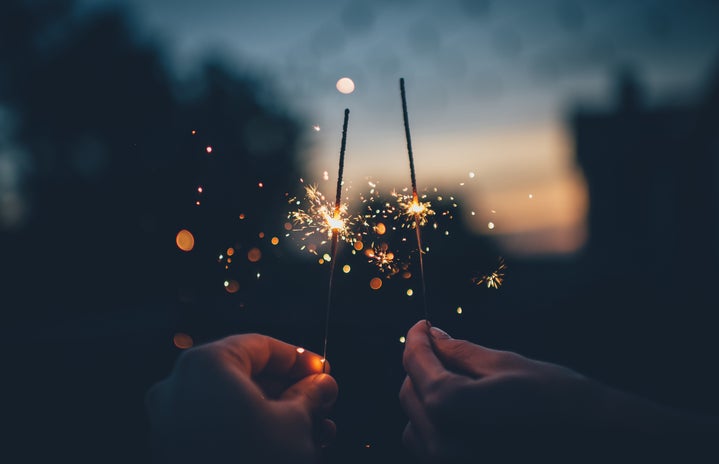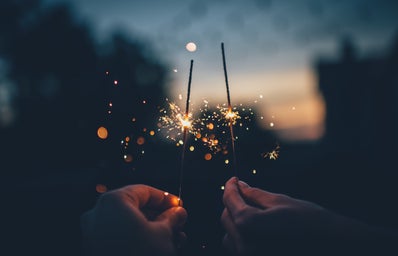Starting as a book written and developed by George R.R. Martin and later created into a hit HBO television show, “Game of Thrones” is a thrilling series that has captured a global audience. The series has always been notorious for their rigorous, yet inviting portrayal of a fantasy world involving dragons, knights, dark magic and an iron throne that everyone inevitably feels inclined to watch. The series has been running on late night television for about a decade now and it only seems to increase in mass popularity throughout each episode involving new drama, death and desperation for power.
However, despite its major global success and prosperity, the series has faced plenty of backlash regarding their oppressive and degrading portrayal of most of its female characters. Several back and forth discussions pertaining to their presentation of women, have led fans into complex and ambivalent positions. The series does in fact portray women in oppressive circumstances, but it also demonstrates them rising up towards positions of power and leadership. Let’s discuss the positive and negative impacts Game of Thrones has established upon their female characters a little further.
Con’s
Image via Pinterest
Since the start of the series, many critics have grown frustrated with the portrayal of female characters as weak and abundantly easy to brutalize and manipulate. Throughout its eight-season course, Game of Thrones has shown women in subordinated circumstances mostly related to sexual violence like, rape, beatings, and eventually, death. To make matters worse, sexual violence on its women has essentially normalized the violent acts. So much so, that audiences view it as a normal negligible occurrence every single time. The series portrays realistic occurrences of child socialization in which young boys and girls are expected to know their roles in society from a very young age. Women are conditioned to revolve their entire lives around marriage and children. They are expected to be treated like sex objects without any say on matters involving war, politics, or any other area that is accustomed to men only. Going against any of these strict social norms, leads to various forms of punishment or even death.
Audiences that have defended the oppressive representations of women have claimed that the show simply reflects the reality of the “middle ages,” which were notorious for their subordinated presentations of women and hegemonic dominance of men. However, it only serves to negatively impact young viewers who are allowing these adaptations to misguide their perceptions of womanhood and society’s expectations. We must also note that when we do miraculously see women in positions of power, they usually rely on their hand (advisor) — usually a man — to guide them towards strategies of war, politics, power and ultimate success. This only further pushes them into circumstances where they aren’t able to succeed or make decisions on their own.
Pro’s
Image via Pinterest
Although there is no denying Game of Thrones troubling relationship with its female characters, we must also note that it does take necessary steps to include and present women as powerful, authoritative and influential beings. We ultimately see this type of enlightening portrayal through characters like Arya, Brienne of Tarth, Daenerys and Cersei.
Arya Stark has become the token female representation for what it means to go against the norms expected of you and rise into positions that overrule a mans authority. Throughout her entire journey on the series, we witness Arya neglect her responsibilities as a “young princess.” She learns how to combat, speak over those that undermine her (including the King) and grow up to be an independent fighter despite the barriers established onto her since birth. The rejection of traditional female roles doesn’t just reflect Arya’s character. We also see it portrayed through Brienne of Tarth, the loyal and fearless fighter who grew up with constant rejections and denials of her desire and aspiration to become a knight. Despite women being forbidden to participate in any matters revolving war, she pushes through some male characters’ negligence and establishes herself as the most capable and dedicated fighter in the entire realm.
Positions of leadership however, have been reflected through Daenerys, and her journey to take back the iron throne that belonged to her family. Although Daenerys also faced sexual violence throughout her journey to the iron throne, we see her overcome the tragedies in her life — being raped and sold into a forced marriage — and ultimately rise into a position of leadership that makes her one of the primary candidates in taking the throne. Lastly, an honorable mention goes out to Lyanna Mormont, the young girl who became the head of her house and ruled an entire nation called Bear Island. Lyanna lacked any hint of fear. She made her voice heard in a room of demanding and power-hungry men, made sure to always remind them that their permission and attitudes towards her, was not needed and delivered one of the best lines “I may be small, I may be a girl, but I won’t be knitting by the fire while I have men fight for me.”



